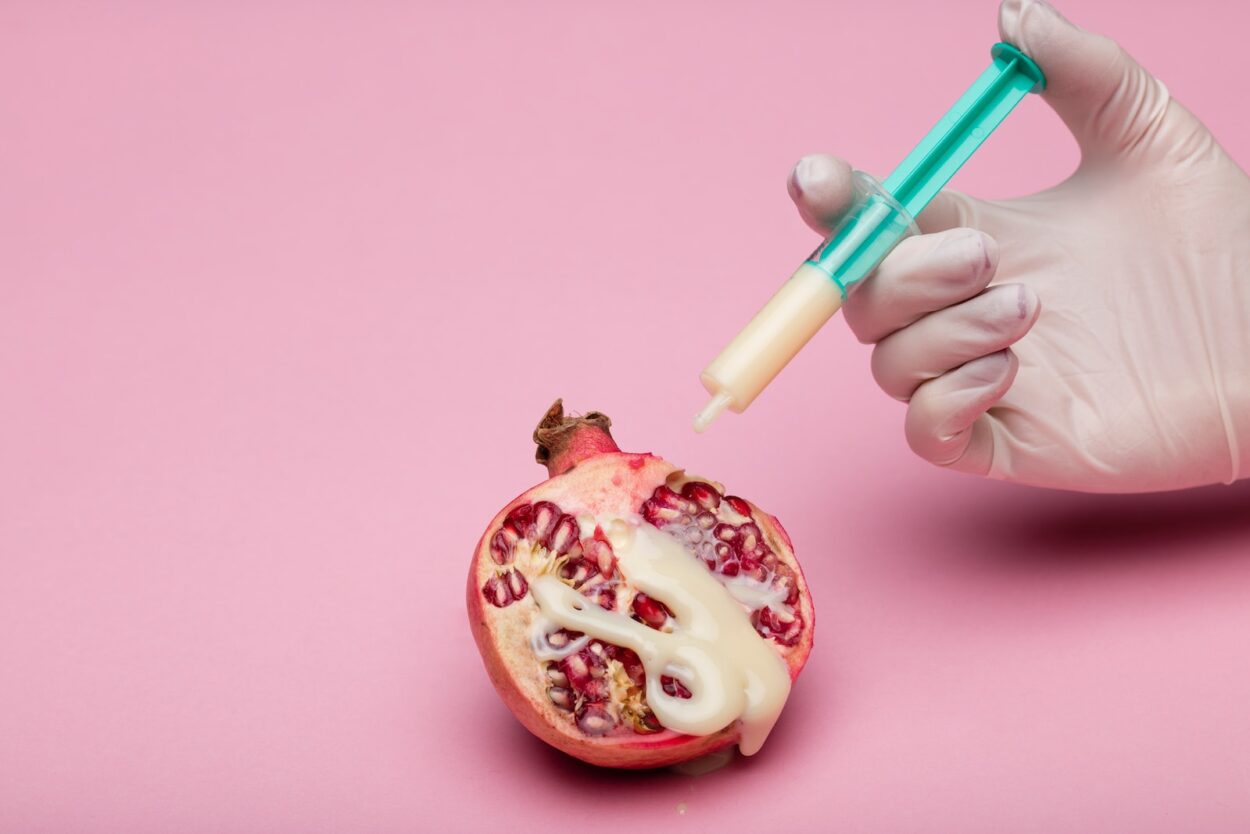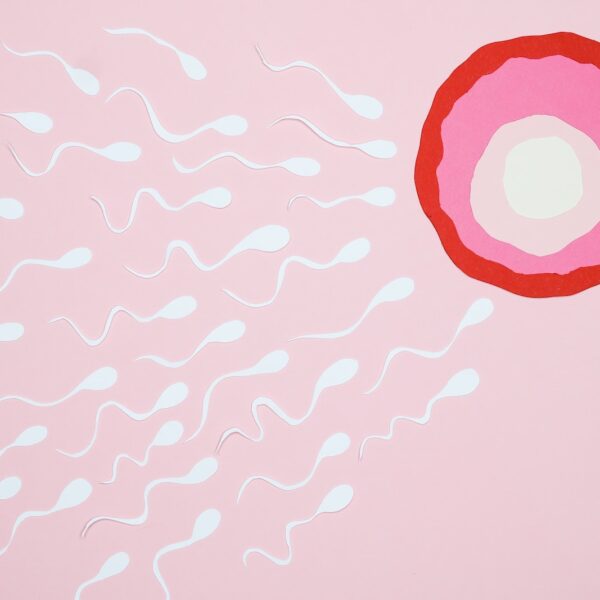After passing the screening process, many sperm donors donate about once or twice per week. However, there are strict guidelines that dictate how many families a donor can help with their semen.
In fact, it would take a man seven years to provide enough samples if he donated three specimens per ejaculation. That’s why most sperm donors stick with it for only a few years at the most.
How often can you donate?
Almost all fertility clinics and sperm banks have policies that limit the number of families that can use a donor’s sperm. These limits are often based on the number of children the donor has already produced, and they are meant to prevent consanguinity and inbreeding issues. Some sperm donors have produced so many children that they’ve been ‘retired’, and their samples are no longer available for treatment.
Donors have to meet certain criteria before they can donate sperm regularly, and most clinics require that men are younger than 40 years old. This is because sperm quality declines after age 30, and sperm donated from older males may not produce a viable sample or impregnate a woman.
Once a man qualifies to be a sperm donor, they must complete a medical questionnaire, give blood samples and undergo regular screenings. This includes a routine health exam with STI testing, a physical examination and an initial semen analysis. Each sample is analyzed and quarantined for six months to ensure that it is free of infectious diseases like HIV, Herpes and Hepatitis B.
Sperm donations are typically scheduled once or twice a week, which means that a donor has to be abstinent from sexual activity between each session. This can quickly wipe out a guy’s romantic life, and many donors find themselves with no time for sex.
Can I donate more than once a week?
A number of factors affect how often you can donate sperm. These include: the initial semen analysis (to determine eligibility for the program), the quality of your samples, and your abstinence periods. Semen counts and motility decrease over time. As a result, sperm donors must abstain from ejaculating for 48 to 72 hours before each donation. This is to ensure that the sperm are of high enough quality for use in treatments.
In addition, a donor’s health must be good. Many sperm banks require a comprehensive screening process, and only a small percentage of applicants make it through the initial testing and interview. Donors must agree to a contract that stipulates how often they will donate, and for how long.
Sperm donors are usually compensated for their contributions, and some even get to meet the children their donations helped create. Donors can also choose to remain anonymous or let their offspring know they’re their genetic parents.
However, it’s important to note that donating sperm is not an easy job. In order to do it properly, you need a lot of commitment. If you’re considering sperm donation, it’s essential to discuss the implications with your partner. It’s not just about ensuring you can commit to the process, it’s also about knowing how your decision might impact your relationship down the line.
Can I donate more than once a month?
While many men dream of becoming sperm donors, the reality is that it’s not exactly an easy job. Getting accepted as a sperm donor involves going through a rigorous testing and screening programme. Once you’ve passed, the commitment is considerable – and a little exhausting. Donors are required to attend clinics once or twice a week to provide samples. This often means a full day of abstinence before and after each session, and can wipe out any chances for sex.
Moreover, each sample must be quarantined for six months before it can be sold. In addition, sperm donors must undergo extensive physical and psychological tests, submit blood, urine and semen samples and be interviewed on video. You will also be asked about your goals, hobbies, talents, travel (to check for Zika exposure) and personal history.
You are allowed to donate sperm for up to 10 separate families. This is to minimise the risk of accidental consanguinity between donor offspring. You are not legally responsible for any children born from your sperm donation, so you will sign legal documents severing all rights to offspring that may result from the process.
You may be able to donate more than once a month, but the number of families you can help will be limited by your country’s rules on exporting sperm. In the UK, this is currently capped at 10, a figure based on social and psychological concerns about family size and sibling numbers.
Can I donate more than once a year?
Becoming a sperm donor isn’t just about making money; it’s an incredible privilege to help create new life for couples and single people who can’t have children on their own. It can also have a big psychological impact and you must be prepared for this before you make the decision to donate.
If you have a good health record and virile sperm, there is no reason why you shouldn’t be able to donate regularly. There are a few deal-breakers though, such as an iffy sperm count or a poor medical history, or being short (most sperm banks won’t take donors who are shorter than 5 feet 9 inches).
A typical donation schedule is twice a week for 6 months or more. During the process you will have to undergo routine health exams and STI testing as well as abstain from sex for 48 hours before you donate a sample. This can put a significant strain on your romantic relationship and you may find it difficult to keep this up for a year or more.
Donors are also financially compensated for their time and the sperm they provide (a donor who produces two or three vials per donation will typically earn £1,500 a month). The amount you receive is dependent on your location as well as your commitment to the program and how often you can donate.




Leave a Comment